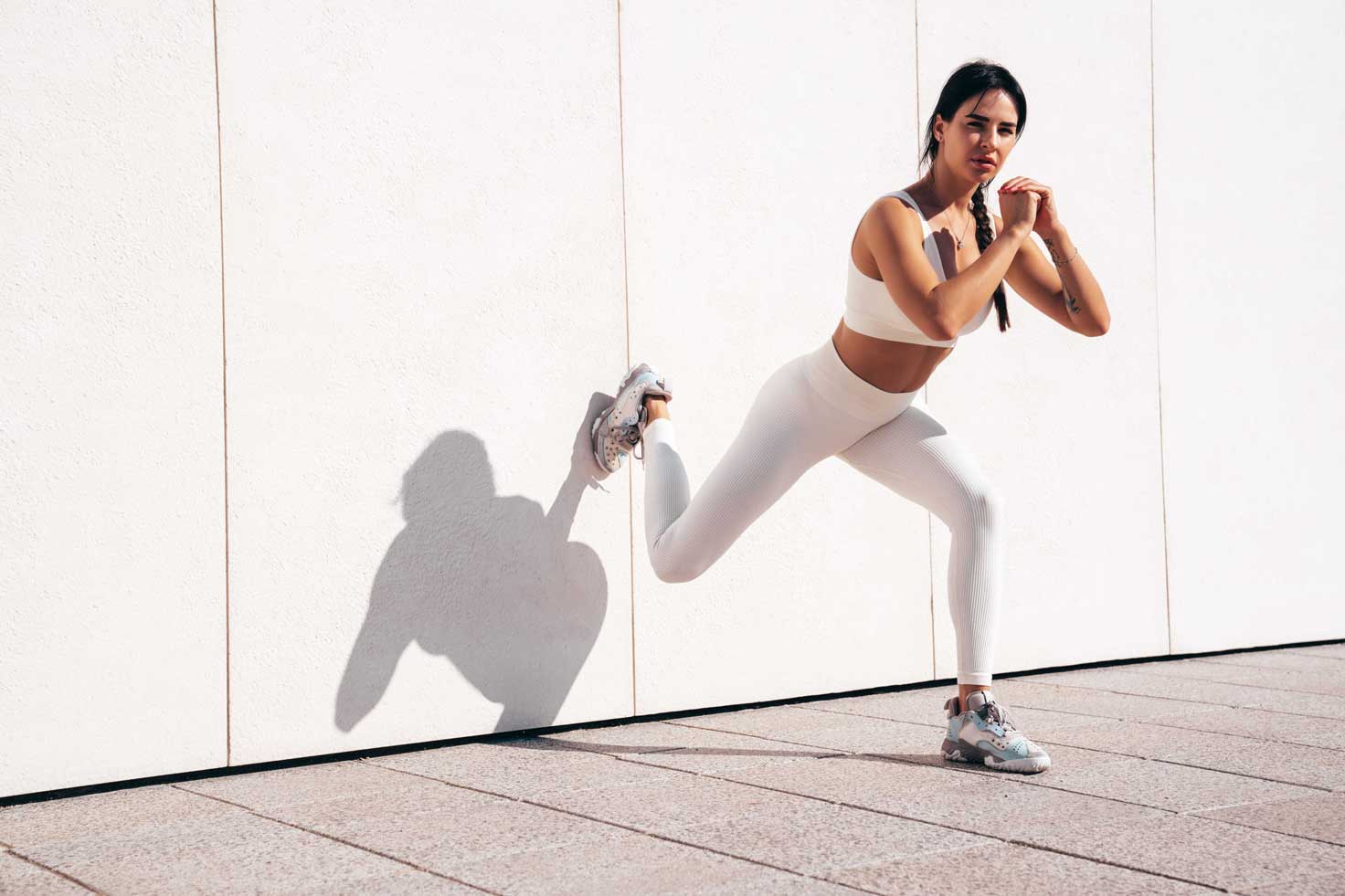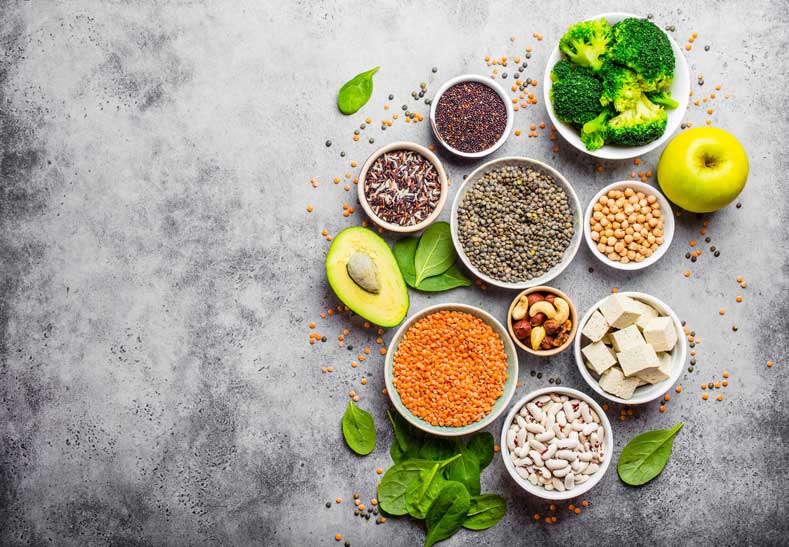
Living with an ostomy requires adjustments, but the right ostomy wrap belt can transform your daily experience. These specialized support garments serve multiple crucial functions - from securing your pouch during physical activity to preventing painful hernias. Unlike standard medical belts, modern ostomy wraps combine medical-grade support with everyday comfort.
The evolution of ostomy belts has been remarkable. Today's options range from discreet everyday wraps to heavy-duty hernia prevention belts, each designed to address specific needs. Whether you're a busy professional, an active athlete, or recovering from surgery, understanding these options empowers you to make the best choice for your body and lifestyle.
Why Buy an Ostomy Wrap Belt? Key Benefits Explained
1. Enhanced Pouch Security
- Prevents accidental dislodging during movement
- Reduces anxiety about leaks in public settings
- Particularly valuable for active individuals and athletes
The Stealth Belt exemplifies this with its patented design that keeps pouches securely in place during rigorous activity.
2. Hernia Prevention
- Provides crucial abdominal wall support
- Reduces strain on stoma area
- Medical-grade options like the Comfizz Hernia Support Belt offer targeted compression
3. Improved Comfort
- Minimizes skin irritation from pouch friction
- Distributes weight evenly across abdomen
- Breathable designs prevent heat buildup
4. Discreet Appearance
- Smooths pouch profile under clothing
- Eliminates visible bulges
- Thin yet supportive options like the Ostomysecrets Wrap work well with professional attire.
Types of Ostomy Wrap Belts: Finding Your Perfect Match
1. Basic Support Wraps
- Lightweight, everyday support
- Ideal for those with well-healed stomas
- Often the most affordable option
2. Adjustable Compression Belts
- Customizable tension with hook-and-loop closures
- Great for post-surgical patients
- The Nu-Hope Adjustable Belt is a top choice in this category
3. Hernia Prevention Belts
- Firm abdominal support panels
- Medical-grade compression
- Often recommended after hernia repairs
4. Active Lifestyle Belts
- Moisture-wicking materials
- Flexible yet secure designs
- The Stealth Belt leads in this category
5. Custom-Molded Supports
- Rigid protection for sensitive stomas
- Ideal for contact sports or heavy labor
- Ostomy Armor specializes in these heavy-duty solutions
How to Choose the Best Ostomy Wrap Belt: A Step-by-Step Guide
1. Assess Your Primary Need
- Is pouch security your main concern?
- Do you need hernia prevention?
- Are you looking for everyday comfort or athletic support?
2. Consider Your Lifestyle
- Office workers may prioritize discretion
- Athletes need moisture-wicking, flexible designs
- Recent surgery patients often require adjustable options
3. Evaluate Material Choices
- Cotton blends for sensitive skin
- Moisture-wicking synthetics for active users
- Breathable mesh for warm climates
4. Get Proper Measurements
- Measure at the narrowest part of your waist
- Consider weight fluctuation potential
- Consult sizing charts for each brand
5. Review Special Features
- Quick-release mechanisms for easy access
- Antimicrobial treatments for hygiene
- Seamless designs to prevent irritation
Top 5 Ostomy Wrap Belts Compared
- Stealth Belt Pro
- Best for: Active lifestyles
- Key Feature: Patented secure-fit technology
- Material: Breathable performance fabric
- Comfizz Premium Hernia Belt
- Best for: Hernia prevention
- Key Feature: Medical-grade compression
- Material: Soft yet supportive elastic
- Nu-Hope Custom Adjustable Belt
- Best for: Post-surgical recovery
- Key Feature: Precise tension adjustment
- Material: Hypoallergenic fabric
- Ostomysecrets Comfort Wrap
- Best for: Everyday discretion
- Key Feature: Ultra-thin profile
- Material: Stretch cotton blend
- Ostomy Armor Shield
- Best for: Physical protection
- Key Feature: Rigid protective shell
- Material: Durable medical-grade polymer
Conclusion: Finding Your Perfect Ostomy Support Solution
Choosing the right ostomy wrap belt is a personal journey that depends on your body, lifestyle, and specific needs. By understanding the different types available and carefully evaluating your priorities, you can find a solution that provides both physical support and peace of mind.



